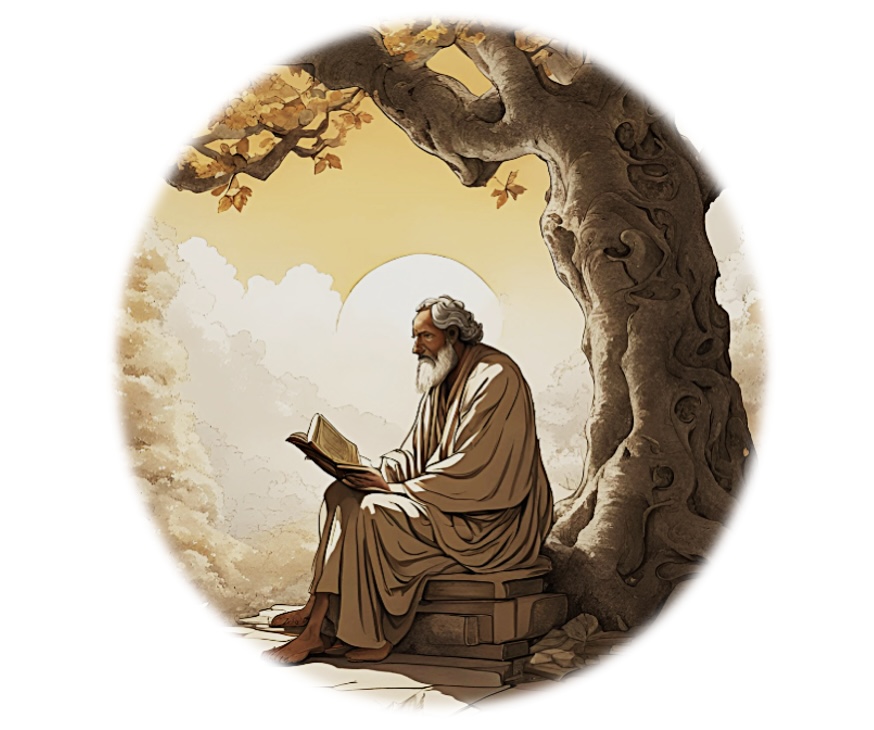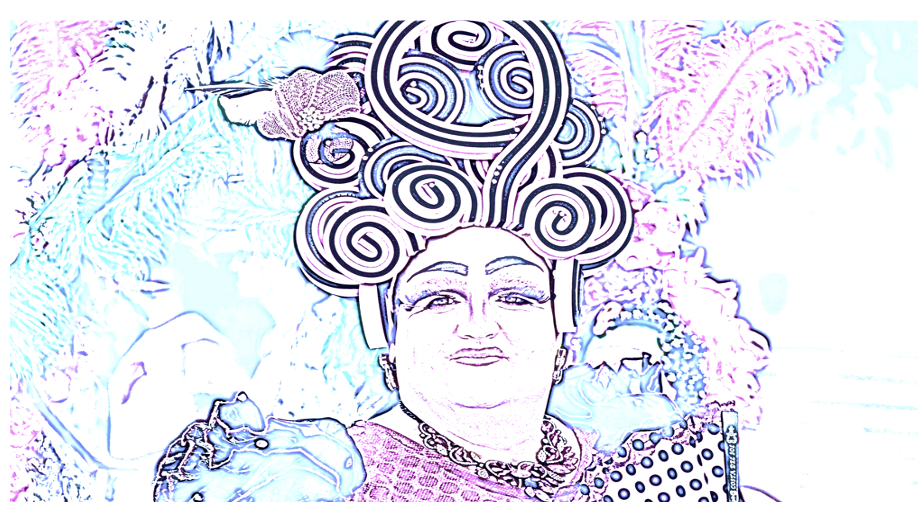Artificial intelligence is already changing the world. But will it change our humanity?
Bill Gates recently predicted that AI will soon be widely employed to supplement and even replace a lot of labor that currently requires human experts. This may include accountants, teachers, doctors and computer programmers. Any profession that requires repetitive information processing and rule-following expertise can be supplemented or replaced by AI.
This may free up human intellect to engage in more creative and imaginative tasks. It may also leave humans with more time to focus on interpersonal and relationship-based work. But there are also AI “therapists” and “friends” available online. AI companions are always available. The AI friend, Replika, touts itself as “always here to listen and talk. Always on your side.”
The convenience and efficiency of AI will lead to its widespread use. AI never sleeps — it never tires, or becomes fed up or impatient, unlike real human companions.
As AI development increases, it will be used to create even more powerful technology. This technological acceleration has led some experts to predict that artificial general intelligence will soon be created (something akin to human thinking but faster, tireless and not prone to laziness, procrastination or daydreaming). Others think the creation of artificial general intelligence is decades off; some say it is impossible.
As AI transforms into artifical general intelligence, it could be applied (or apply itself) to generating even more intelligent machinery. Some fear the creation of artificial super intelligence, a fear fueled by fictional sci-fi dystopias in which artificial super intelligence takes over and kills or enslaves humans.
Leaving that nightmare aside, there is no doubt that AI is already changing the meaning of a variety of human tasks. This will continue to happen as the technology becomes so efficient that resistance is futile. This may sound ominous, but it happens all the time as technologies improve.
The inexorable efficiency of technology explains why we prefer to ride rather than walk. It’s why we send texts instead of writing old-fashioned letters. The efficiency imperative will likely lead us to replace inefficient human beings with efficient AI in many parts of life. Why bother to write a report if AI can do it for you faster and better? Why bother to wake a real friend in a crisis in the middle of the night when AI is there to chat?
Of course, some people still write letters or walk. And there is a kind of pleasure to be found in completing your own tax form, or in writing computer code. But those quaint human activities are now a matter of choice. They represent a kind of boutique curiosity, chosen not for efficiency but for some other reason.
This is where the human element returns. Many things are valuable not because they are efficient, but because they are good, beautiful, intellectually challenging or uniquely human.
Friendship is like that: An AI-companion may be more efficient at giving advice in difficult times, or at keeping us entertained. But real human friendship is valuable for other reasons. Human friendship is not simply a one-sided exchange in which we use the other person for our benefit. Rather, friends make demands upon us. Their impatience reminds us to slow down. Their needs give us reason to look beyond our own.
The demands that other humans make upon us are infinitely more valuable than the cult of efficiency can imagine. Other human beings are part of who we are. When a friend or family member triumphs, we swell with pride for them. When they suffer, we suffer with them. And when they die, they take a part of us away with them.
AI will never replace the deeply inefficient existential reality of love, suffering and mortality. AI is fast, convenient and always available. But it cannot supplant the difficult experiences and troublesome relationships that make us fully human. Efficiency is a machine-based good. But human life is not mechanical. The wonder of existence is found in the tragic and often beautiful mess that is human nature.
To be human is not to be efficient. Rather, it is love, suffer and die. And that’s what no machine can ever do.
Read more at: https://www.fresnobee.com/opinion/readers-opinion/article303416756.html#storylink=cpy






